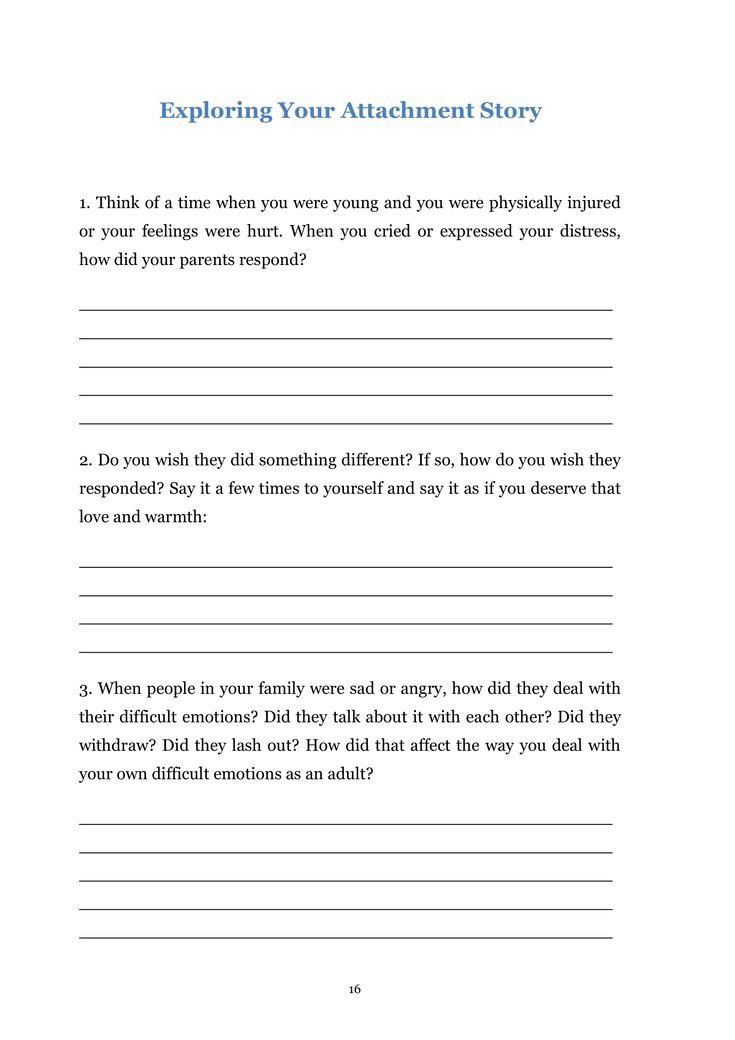

Solo travel loneliness is a surprisingly common experience. While the freedom and independence of solo travel offer unique joys, the potential for feeling isolated can sometimes dampen the spirit of adventure. This comprehensive guide delves into the complexities of solo travel loneliness and provides practical strategies to mitigate feelings of isolation and maximize the joy of your solo journeys. We’ll explore the root causes of loneliness, offer coping mechanisms, and share actionable advice for connecting with yourself and others along the way. This article is structured to help you understand why loneliness may arise during solo travel and what to do to prevent it from diminishing your experience. It will cover practical steps, helpful tips, and examples to assist you in conquering loneliness and enjoying the journey more.
Understanding the Root Causes of Solo Travel Loneliness
Identifying the Triggers
The feeling of isolation during solo travel can stem from various factors, some expected, some surprising. One significant contributor is the simple lack of familiar company and routines. Imagine missing the comfort of daily interactions with friends or family; the absence of that support network can be profound. Furthermore, a change in environment, a feeling of being out of place, or the absence of a pre-established support system can exacerbate feelings of isolation. The lack of planned social interactions or activities can also be a significant factor.
Loneliness and Perceived Isolation
The concept of loneliness is often confused with solitude. While solitude involves being alone and finding peace, loneliness is the subjective feeling of isolation. On a solo trip, the physical absence of others can heighten the feeling of isolation, even in bustling tourist destinations. The perception of being separated from a social network can be magnified by external stimuli such as media portrayals of social gatherings or a constant stream of social updates from friends and family.
Beyond the Obvious: Deeper Roots
Beyond the practical aspects, the experience of loneliness on a solo trip can reflect underlying anxieties or insecurities. Unresolved social anxieties, past experiences of isolation, or a fear of the unknown can also play a role in making solo travel a more emotionally challenging experience. Acknowledging these underlying factors can be crucial to effectively navigate feelings of loneliness and embrace the experience for what it is—a journey of self-discovery.
Proactive Strategies for Preventing Loneliness
Planning for Connection
Taking proactive measures to connect with others or seek out activities can significantly reduce the risk of feeling lonely. Booking a guided tour or participating in a cooking class offers structured opportunities to connect with like-minded individuals. Actively engaging in group activities, such as hikes, workshops, or yoga classes, can create connections with new people. Similarly, hostels are renowned for fostering a sense of community among solo travelers, providing spaces for interaction and shared experiences.
Embrace the Local Culture
Immerse yourself in the local culture to create meaningful connections. Attend local events, festivals, or markets. This is your chance to experience the heart of a place—and you never know who you might meet. Taking a cooking class, visiting a local coffee shop, or engaging in a guided walking tour can open up opportunities to interact with locals and other tourists, fostering a more enriching experience.
Developing a Support System
Maintaining contact with friends and family through regular calls or messages can provide a comforting element and create a sense of support. Utilizing social media for brief updates and check-ins can ease the feeling of being disconnected, especially for those who are emotionally sensitive or anxious. These actions, combined with maintaining a consistent routine, can help prevent the experience from becoming too isolating.
Coping Mechanisms for When Loneliness Strikes
Embrace Mindfulness and Self-Care
Practicing mindfulness, whether through meditation, deep breathing exercises, or journaling, can help you manage stressful situations. Mindfulness allows you to focus on the present moment, reducing anxieties and negative thoughts associated with loneliness. Engaging in activities that nourish your body and mind, such as exercising, trying a new cuisine, or enjoying a peaceful walk in nature, can create a sense of self-care that helps you feel better.
Seek Out Social Connections
In situations where loneliness emerges, actively seeking out conversations with other travelers can be instrumental in overcoming feelings of isolation. Joining a group activity or simply engaging in conversation with fellow travelers in a cafe or a hostel can foster a sense of belonging and shared experience. Talking to locals about their culture, interests, or daily lives can also provide perspective and enrich your travel experience.
Embrace the Solitude
Solo travel offers an unparalleled opportunity for introspection and self-discovery. Sometimes, feeling completely alone allows you to connect with yourself on a deeper level. Allow yourself time to reflect on your journey and appreciate the beauty of the solitude. Embrace the chance to be alone and enjoy the silence.
Practical Tips for Avoiding Loneliness
Utilize Technology Strategically
Embrace technology responsibly to connect with loved ones and access relevant information. Use messaging apps to share experiences, updates, or ask questions. Keep in mind that a balanced use of technology prevents it from becoming the only source of connection.
Prepare for Possible Isolation
Knowing you might feel lonely is the first step to mitigating the experience. Acknowledge it and address it proactively, as you plan. Don’t anticipate constant interaction; plan your days to include self-care and reflection. Even if it’s just taking time for a walk, you’re preparing yourself mentally for the journey ahead.
Practice Self-Compassion
Be kind to yourself—it’s perfectly normal to experience feelings of loneliness. Acknowledge these emotions and focus on taking proactive measures to mitigate them. Practicing self-compassion will help reduce the impact of unexpected or difficult emotions.
The Value of Connecting with Locals
Cultural Exchange
Connecting with locals offers the opportunity for profound cultural exchange. Engage with people from different backgrounds, learn their customs, and appreciate different perspectives on life. It’s often in these shared experiences that we find unexpected connection and broaden our horizons.
Local Insights
Locals are often the best source of information and recommendations for places to visit, local experiences, and hidden gems. Seeking their advice provides a deeper understanding of the local culture and enhances the overall travel experience.
Building Bridges
Connecting with locals builds bridges across cultures, fostering empathy and understanding. This kind of exchange contributes to a more immersive and personal experience than simply touring a city.
The Role of Preparation in Avoiding Loneliness
Pre-Trip Planning
Planning activities and interactions beforehand reduces the chances of feeling isolated on the journey. Consider activities that encourage social interaction, such as taking a group cooking class, or joining a hiking or biking tour. Scheduling in time for reflection or solo activities is equally important.
Travel Companions
While the concept of solo travel emphasizes independence, having a travel buddy can reduce the impact of loneliness. Even if they only join you for a portion of the journey, a friend can provide valuable company and a sense of shared experience.
Post-Trip Reflection
The planning process isn’t the only preparation; also consider how to manage potential feelings of loneliness. Reflecting on your journey after your trip can help with adjusting to your previous life and appreciating the experience. Plan ways to cope and be kind to yourself.
Making the Most of Your Solo Adventures
Embracing the Solo Experience
Solo travel is a unique opportunity to truly connect with yourself. Use the time to reflect, journal, and engage in activities that bring you joy. Embrace the quiet moments for introspection and self-discovery. These moments can be unexpectedly enriching.
Prioritizing Well-Being
The feeling of loneliness can be a red flag for the need of self-care. Be aware of your emotional state and prioritize activities that nourish you, such as exercising, meditation, or exploring new foods. These activities can be surprisingly effective ways of mitigating the negative impact of isolation.
Finding Your Travel Tribe
Despite the focus on independence, finding your travel tribe can often happen unexpectedly. It’s in the shared experiences, both big and small, that bonds are formed. The journey might be entirely about you, but you’re not alone.
Overcoming Anxiety and Fear
Addressing Anxiety
If anxiety around the experience of isolation is a concern, acknowledging the potential for it is the first step in managing it. It can be helpful to have strategies in place, both before and during the trip, for when you may feel anxious. These can include a pre-trip discussion with friends or family to address your concerns, or activities you can do on your own. This might involve engaging in an activity you enjoy or finding a quiet space for reflection.
Confronting Fear
Solo travel often challenges preconceptions about being alone. Addressing the fear of being alone, and embracing it as a possibility, often allows travelers to find unexpected comfort and joy. This journey of self-discovery may also be a key part of the experience.
Finding Strength in Solitude
Recognize that solitude can be a source of strength—and it’s essential to solo travel. Embrace the opportunity to connect with your inner self and find the motivation to pursue your personal goals through the journey.
FAQ
What are some common causes of loneliness during solo travel?
Feeling lonely during solo travel can stem from various factors. Sometimes, it’s simply a lack of familiar company and routines. Missing the comfort of daily interactions with friends or family can trigger feelings of isolation. The change in environment, a feeling of being out of place, or a lack of a support system can also play a significant role. Loneliness can also manifest due to a lack of pre-planned social interactions or activities. Conversely, sometimes the feeling of being overwhelmed or stressed can lead to an individual feeling alone, even when surrounded by other people.
How can I prevent feeling lonely on a solo trip?
To proactively prevent loneliness during solo travel, engage in activities that foster connection. Join group tours, workshops, or cooking classes to meet like-minded individuals. Don’t be afraid to strike up conversations with fellow travelers in hostels or cafes. Actively seek out opportunities for social interaction—it doesn’t have to be grand gestures. Embrace the local culture by attending local events or festivals, taking cooking classes, or participating in guided walking tours. By proactively seeking interactions, you increase your chances of meeting new people and avoiding feelings of isolation.
How can I cope with feelings of loneliness while travelling solo?
When feelings of loneliness arise during a solo trip, employ strategies for managing your emotional state. Engage in mindful activities like meditation or journaling. Embrace the beauty and solitude of your surroundings. Maintain a positive mindset and focus on the excitement and exploration ahead. Engage in self-care practices. Prioritize your well-being. Find joy in the small moments of your journey and connect with yourself through gratitude for the experience.
In conclusion, solo travel loneliness is a common experience, but it’s definitely manageable! By understanding the root causes, proactively seeking connection, and practicing self-care, you can significantly reduce feelings of isolation and truly savor the freedom and exploration of solo travel. Remember, the journey is about more than just destinations; it’s about personal growth and embracing the unknown. So, embrace the adventure, be prepared for potential loneliness, and know that you have the tools to conquer it. Go forth and create unforgettable solo travel experiences! Ready to plan your next solo trip?